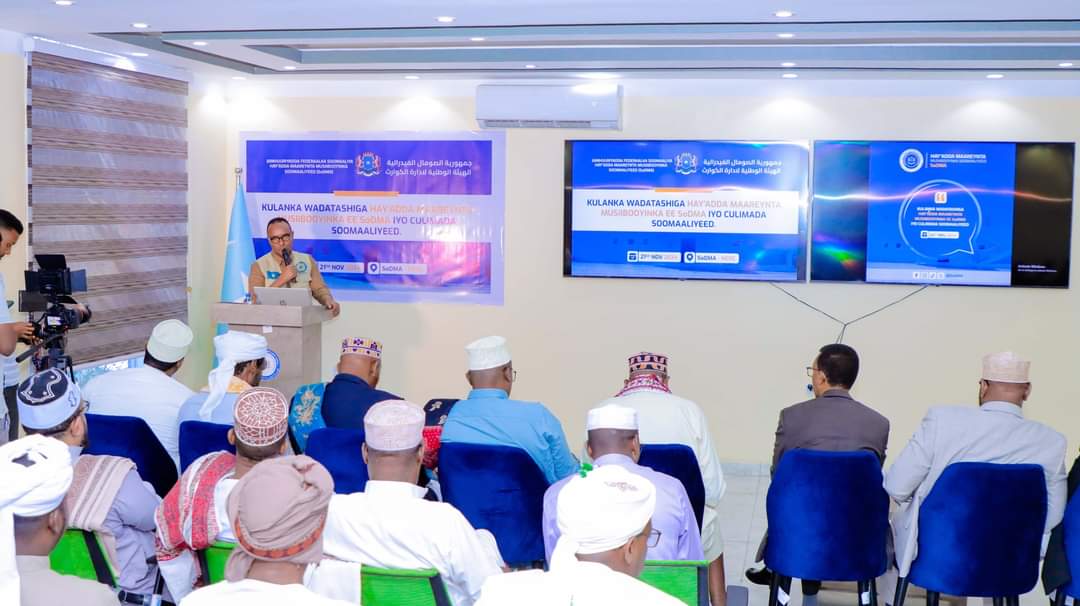(TH) – Abiy Ahmed, the authoritarian leader of Ethiopia, has formally appointed Taye Atske Sellasie as the nation’s new president, thereby succeeding Sahle-Work Zewde in this significant political transition. This inauguration marks a pivotal moment in Ethiopia’s governance, reflecting the ongoing shifts in leadership dynamics within the country.
The appointment of Taye Atske Sellasie comes at a time when Ethiopia is navigating complex challenges, both domestically and internationally. As the new president, Sellasie is expected to address pressing issues that have arisen during Abiy Ahmed’s tenure, including political unrest and economic difficulties, while also striving to unify the nation.
This change in leadership underscores the evolving political landscape in Ethiopia, as the government seeks to establish stability and foster development. The implications of this inauguration will be closely monitored by both national and global observers, as the new president’s policies and actions will play a crucial role in shaping the future of the country.
Taye Atske Sellasie succeeds Sahle-Work Zewde, who made history in 2018 as Ethiopia’s first female president.
During the ceremony, Sahle-Work Zewde formally handed over the Constitution to Taye Atske Sellasie before departing from the parliament building.
This transition occurs just two days after , Sahle-Work Zewde publicly voiced her dissatisfaction regarding certain unspecified matters. In a message posted on X, she remarked, “When an individual feels trapped and perceives no way out, silence often becomes their only refuge. Silence is my answer. I have maintained this stance for a year.”
President Sahle-Work Zewde’s Reluctance to Extend Term Spurs Resignation Speculation
The role of the Ethiopian presidency is predominantly ceremonial, with actual executive authority residing with the Council of Ministers, led by the Prime Minister. This distribution of power highlights the symbolic character of the presidency within the country’s broader political landscape.
Taye, aged 68, has been appointed as the fifth president of Ethiopia since the nation implemented its current constitution in 1995. This significant milestone marks a continuation of the country’s political evolution under the established legal framework.
Under the provisions of the constitution, Taye is eligible to serve a maximum of two consecutive terms, each lasting six years. This term limit is designed to ensure a balance of power and promote democratic governance within the country.
As he embarks on this new role, Taye’s leadership will be closely observed, particularly in the context of Ethiopia’s ongoing political and social challenges. His presidency represents an opportunity for further development and reform in alignment with the aspirations of the Ethiopian people.









